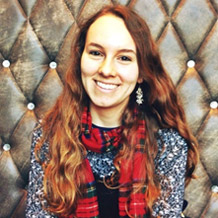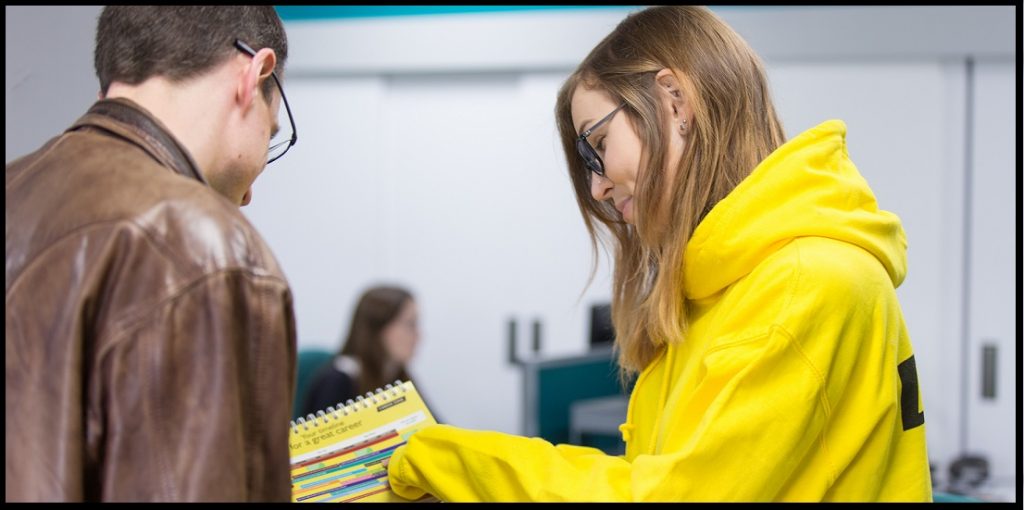
What were your main duties and responsibilities during the course of your internship?My duties included:
- Engaging alumni in volunteering activities such as careers events and creating careers profiles.
- Organising careers events including alumni careers panels, workshops, mock interviews; booking rooms, ordering catering, parking, promoting to students, etc.
- Updating the alumni database.
- Promoting careers events to students within our College.
- Writing and compiling content for the SSIS Employability Newsletter.
- Helping academics engage alumni in various activities/events.
- Liaising with the alumni team and working with them on various events/projects when needed.
- Helping student societies engage alumni & helping promote events where necessary.
- Dealing with any general alumni enquiries.
- Organising law mock interviews with alumni, making arrangements for the day, advertising to students etc.
What would you say was your biggest achievement over the course of your internship?
I became a lot more confident in speaking to a range of people as I was liaising with students, academics, colleagues across different teams and alumni – many of whom were in senior positions in their companies. I reached a point where I felt comfortable speaking with such a diverse range of people.
Another achievement was starting the College Employability Newsletter from scratch and working on improving on this over the duration of my internship, and being able to see the open rate increase and the subsequent increase in events bookings.
I also had the opportunity to get involved in so many different aspects and gain a lot of experience in organising events, working in an admin-type role in Higher Education which has enabled me to go on to secure a permanent job at the University.
What benefits did your internship bring to your employer?
I started up the College Employability newsletter which the team did not have capacity to do so before and I worked with Design Team to rebrand our College employability branding. Our College also had its highest ever number of alumni volunteering hours and number of volunteering activities during 2015-16 as with more capacity, we were able to organise more events, engage more alumni and I was able to update the database much more regularly to reflect this.
Did you encounter any problems during the course of your internship and if so, how did you overcome them?
I was asked to help an academic organise a very last-minute overseas alumni trip which required asking colleagues in GED and they need a much longer time frame to organise these type of events so it caused a problem. I overcame it by ensuring I kept both the academic and the alumni team regularly up-to-date with progress, managing the expectations of the academic and making it clear the number of attendees may be low as it is last-minute. It made sure I was clearly communicating the academic’s requests to the alumni team and being persistent in making sure the academic provided us with the key details as quickly as possible. In response to this we then wrote a procedure summary for all academics to follow in future when wanting to organise an alumni event and to provide them with realistic time-frames.

“My Alumni & Employability Assistant provided vital support to events, newsletters & alumni engagement” – Line Manager.











